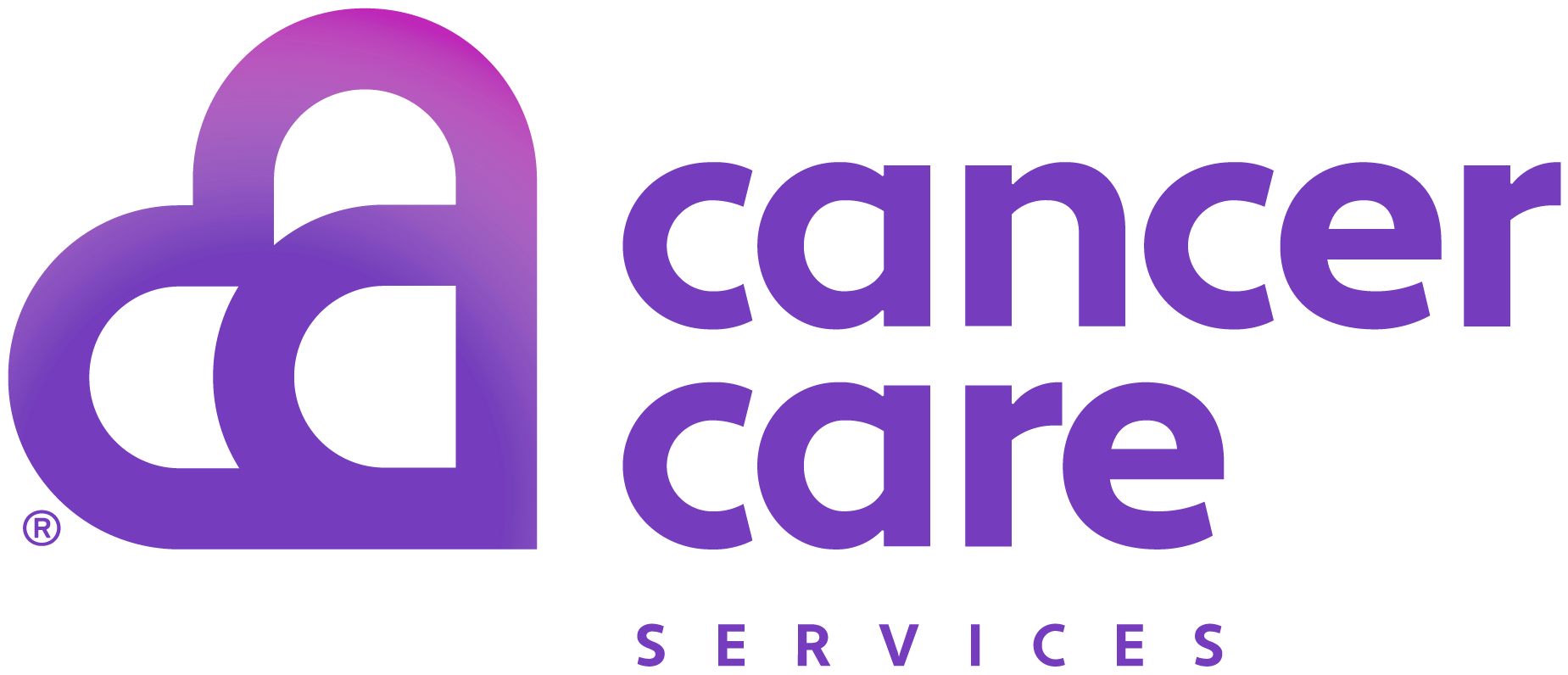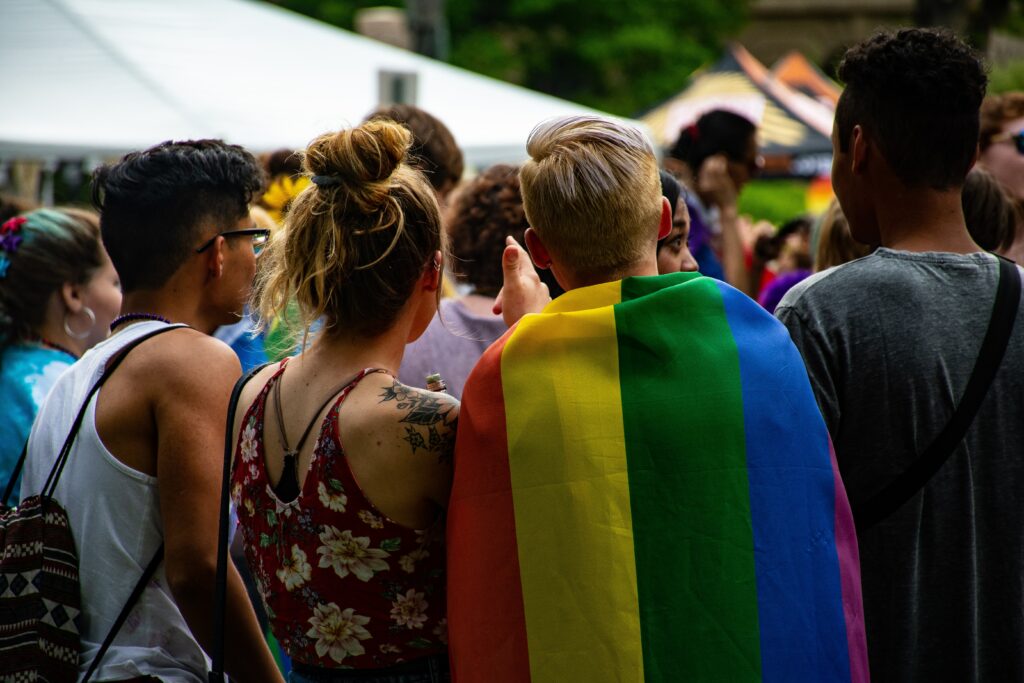Cancer is indiscriminate. This post gives a brief overview of some of the challenges of cancer in the LGBTQIA+ community. People from the lesbian, gay, bisexual, transgender, queer, intersex, and asexual (LGBTQIA+) community are not all the same. People who identify as one or more of the identities of LGBTQIA+ have their own unique socioeconomic situations, family structures, experiences with healthcare, and ethnic backgrounds. We have included links to resources that may help people find support and belonging.
Challenges of Cancer in the LGBTQIA+ Community
As with any group, people within the LGBTQIA+ community have very different experiences with cancer and seeking treatment. This section does not intend to speak for all the challenges of navigating cancer treatment and survivorship but hopefully gives a better idea of some of these challenges. Many people, especially those who have a same-sex partner or people who do not present as male or female, report feeling discriminated against in healthcare settings, leading to worse outcomes or individuals not seeking treatment in the first place.
People who identify as transgender, intersex, non-binary, or other gender identities sometimes have to deal with the challenge of being misgendered. Misgendering is when another person, purposely or accidentally, treats someone as if they are not the gender or sex they actually are (e.g., referring to a person as “she” when that person does not identify as such). Experiences like this can be damaging to an individual’s trust in their medical team.
Some people who are male-to-female transgender report being put in positions where they must identify themselves as a male, or their treatment team approach them as if they were a male. These experiences can lead people not to seek treatment or end treatment before it is appropriate to do so.
Finally, like many other oppressed and minority groups, people from the LGBTQIA+ community are more likely to experience poverty, poor health outcomes, and lack of access to care. The following is a list of support and advocacy organizations that work with LGBTQIA+ individuals and families impacted by cancer. You can also click on the button below for more organizations that focus on cancer in the LGBTQIA+ community so that you or someone you care for can better navigate cancer.
Cancer Resources for the LGBTQIA+ Community
The below resources are subject to the availability of funds and personnel. Please let us know if any of the resources listed are inaccurate, so we can provide the most up-to-date information to cancer patients and their families.
- MaleCare has a gay and bisexual men support group for men with cancer.
- CoppaFeel has a page about screening for breast cancer for non-binary and transgender individuals
- National Coalition for LGBT Health is an advocacy organization that works with healthcare providers. Some of their information is helpful and may help you in finding providers you are comfortable with.
- Live Through This is an educational organization for people who are LGBTQIA+ with cancer. Live Through This does not offer support groups in the United States, but has an in-depth collection of educational resources and support information for the community.
- Click the button below for more organizations that provide cancer support for LGBT+ individuals.
Cancer Care Services is here to help so that no one has to cope with cancer alone! Our team can help you find resources to navigate cancer and will determine if you are eligible for our assistance programs such as gas or medication assistance. Contact us today at 817-921-0653 or through our online Get Help form.
-Written by Shawn Howard, LBSW


